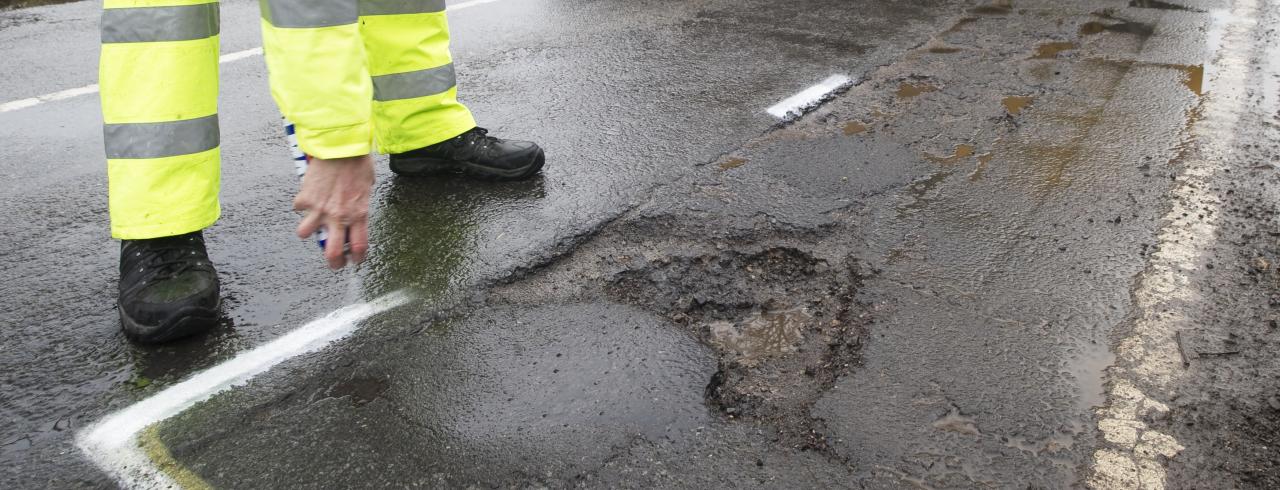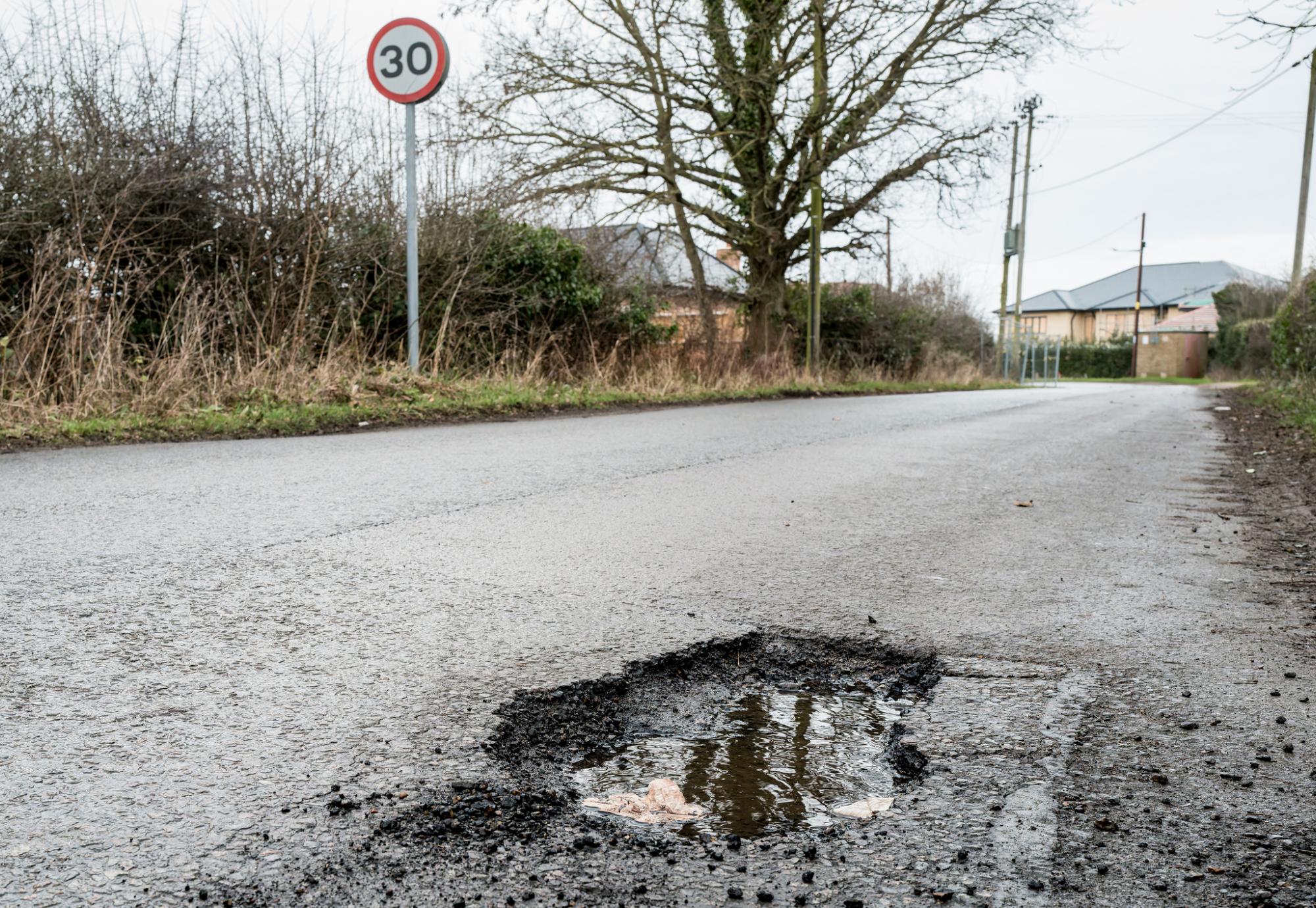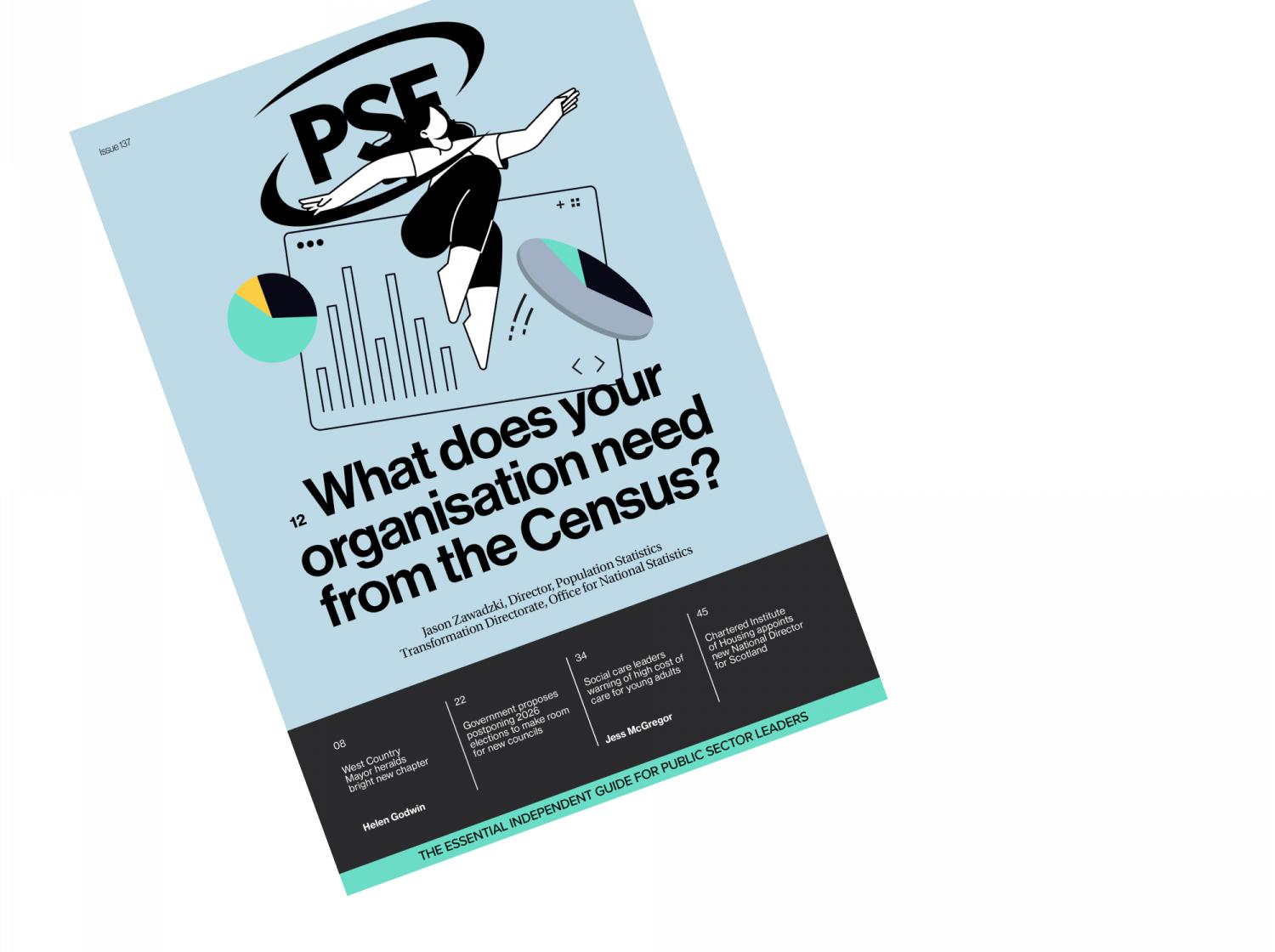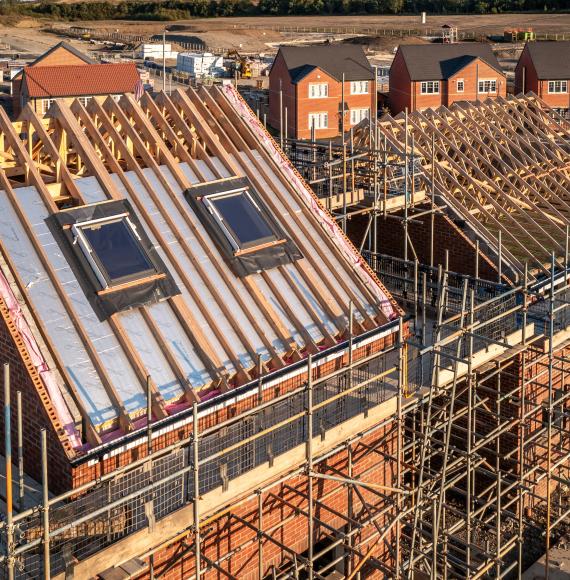Innovative technology, Artificial Intelligence and preventative treatments could transform local journeys by detecting potholes earlier, tackling the repairs backlog and keeping our roads in better condition for longer.
The Local Government Association, which represents councils, has published a new councillor’s guide highlighting best practice and the latest approaches to highways maintenance.
Backed up by case studies from across the country, the guide showcases how planned, proactive maintenance produces much better value than emergency reactive repairs.
The latest scanning technology provides better, faster data on the condition of councils’ road networks. Artificial Intelligence (AI) can analyse these images, flagging dangerous potholes and identifying small defects before they turn into major problems.
Work management systems help councils analyse data from across their authority, supporting officers to plan which investments should be prioritised, to squeeze as much value as possible from every pound in their budgets.
Given the near-£17 billion backlog of local roads repairs, the LGA is calling on government to use the upcoming Spending Review to guarantee multi-year funding certainty for councils’ highways maintenance budgets, so they can invest in the latest technology and best practice preventative measures.
The guide, intended for all councillors and particularly Cabinet or committee members with responsibility for highways, comes as the Government introduces a new incentive mechanism which includes providing road condition data and a commitment to best practice and continuous improvement.
Meeting the government standards set will help unlock a further £125 million – a quarter of the additional £500 million earmarked by the Government for fixing our roads.
The LGA said councils should receive the same long-term funding certainty for local highways as other bodies such as National Highways and Network Rail, so they can plan ahead and make the best possible use of resources.
This would enable them to invest in the latest technology, such as AI roads scanning, so they can detect faults early and prevent potholes appearing in the first place, rather than spending their maintenance budgets on more costly, short-term reactive repairs.

Cllr Adam Hug, transport spokesperson for the LGA, said: “Councillors across the country know that potholes are a very visible, tangible concern for residents and this guide can help in finding out what more they can do to keep our local roads in good condition.
“Innovative technology such as AI can make a real difference when planning ahead, to ensure roads get treated in the right way, at the right time, in the right place - saving money and minimising disruption.
“Given the near £17 billion local roads repair backlog, making the best use of every pound matters when council highways budgets are already stretched.
“The Spending Review is an opportunity for the government to provide councils with long-term funding certainty, so they can plan ahead and invest in the latest tech and treatments to help bring our local roads up to scratch.”
Image credit: iStock



















